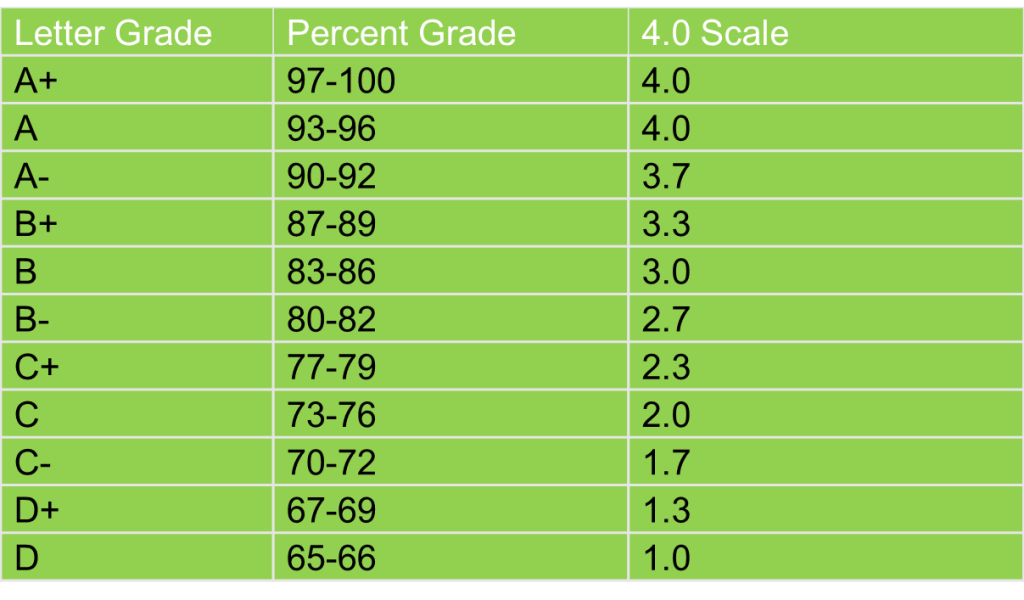The Indian Institutes of Technology (IITs) are prestigious engineering and technology institutions in India. They are renowned for their academic excellence and research contributions. They were established with the objective of fostering technical education and innovation. The IITs have played a significant role in shaping India’s technological landscape. In this article, we will delve into the history, admission process, courses offered, and a list of the top IITs in India.
History of the IITs:

The foundation of IITs can be traced back to the vision of India’s first Prime Minister, Pt. Jawaharlal Nehru. The aim was to develop a pool of highly skilled engineers who could contribute to the nation’s industrial growth. The first IIT, IIT Kharagpur, was established in 1951 with assistance from the Government of the United Kingdom. Subsequently, IIT Bombay, IIT Madras, IIT Kanpur, and IIT Delhi were founded in the 1950s and 1960s. Over the years, more IITs were established across the country, and today, there are 23 IITs spread across various states.
Courses Offered in the IITs:
The IITs offer a wide range of undergraduate, postgraduate, and doctoral programs in various fields of engineering, technology, and sciences. The engineering undergraduate program, Bachelor of Technology (B.Tech), is the most sought-after course in IITs. Some of the popular B.Tech specialisations include Computer Science and Engineering, Mechanical Engineering, Electrical Engineering, Civil Engineering, Chemical Engineering, Aerospace Engineering, and more. The duration of the B.Tech program is usually four years.
In addition to B.Tech, IITs also offer postgraduate programs such as Master of Technology (M.Tech), Master of Science (M.Sc), Master of Design (M.Des), and Master of Business Administration (MBA). These programs provide students with the opportunity to specialise in their chosen fields and gain advanced knowledge and research experience. Furthermore, the IITs also offer comprehensive doctoral programs (Ph.D.) for aspiring researchers and scholars. These programs promote cutting-edge research and contribute to advancements in various scientific and technological domains.
Courses in Arts and Humanities:
IITs also offer courses in humanities and social sciences alongside their core engineering and technology programs. While the focus of IITs has traditionally been on engineering and technology education, many IITs have recognized the importance of interdisciplinary studies and have expanded their course offerings to include humanities and social sciences.
These humanities and social sciences programs at IITs provide students with a well-rounded education. They combine technical expertise with a broader understanding of social, cultural, and ethical aspects. Some of the common humanities and social sciences disciplines offered by IITs include:
- Economics
- Sociology
- Psychology
- English Literature
- Philosophy
- Political Science
- History
- Anthropology
- Development Studies
- Communication Studies
Admission Processes:
The admission process to the undergraduate programs at IITs is highly competitive and rigorous. One can get into the IITs by clearing the required entrance examination for the admission. It is primarily based on the Joint Entrance Examination (JEE), conducted in two stages: JEE Main and JEE Advanced.
- JEE Mains: It is the first stage of the IIT entrance examination. It basically serves as the qualifying exam for JEE Advanced. JEE Main evaluates a candidate’s knowledge in physics, chemistry, and mathematics. It is conducted by the National Testing Agency (NTA) and takes place twice a year.
- JEE Advanced: Only candidates who qualify JEE Main are eligible to appear in the JEE Advanced. JEE Advanced is a more challenging exam that tests a candidate’s analytical and problem-solving skills. It is conducted by one of the IITs on a rotational basis.
Based on their performance in JEE Advanced, candidates are allocated ranks. The seat allocation process is conducted through a centralised counselling system known as JoSAA (Joint Seat Allocation Authority).
Apart from this, IITs may conduct their own entrance exams specifically for humanities programs. They may also consider scores from national-level exams like the Joint Admission Test for Masters (JAM) or the Humanities and Social Sciences Entrance Examination (HSEE).
Top IITs in India:
The IITs are renowned for their academic excellence and research output. Among the 23 IITs available in India, there are some institutes that hold a better prestige than the others. And it becomes important for a student to know which IIT to look out for while appearing for the entrance exam. Here is a list of some of the top IITs in India based on reputation and rankings:
- Indian Institute of Technology Bombay (IIT Bombay): Established in 1958, IIT Bombay is known for its strong emphasis on research and development. It offers a wide range of undergraduate and postgraduate programs across various engineering and science disciplines.
- Indian Institute of Technology Delhi (IIT Delhi): IIT Delhi, established in 1961, is known for its cutting-edge research and collaborations with leading international institutions. It offers a wide range of undergraduate, postgraduate, and doctoral programs.
- Indian Institute of Technology Madras (IIT Madras): IIT Madras, established in 1959, is known for its strong academic reputation and research-oriented approach. It offers undergraduate and postgraduate programs in engineering, technology, and sciences.
- Indian Institute of Technology Kharagpur (IIT Kharagpur): IIT Kharagpur, established in 1951, is the oldest IIT in India. It offers a wide range of undergraduate, postgraduate, and doctoral programs and is renowned for its research and innovation culture.
- Indian Institute of Technology Kanpur (IIT Kanpur): Established in 1959, IIT Kanpur is known for its focus on interdisciplinary research and technological innovation. It offers undergraduate, postgraduate, and doctoral programs in various fields.
Conclusion:
The Indian Institutes of Technology (IITs) have a rich history and are revered as premier educational institutions in India. Offering a diverse range of courses at the undergraduate, postgraduate, and doctoral levels. The IITs have produced some of the brightest minds in the country. The admission process through the Joint Entrance Examination (JEE) ensures that only the most talented and deserving students secure admission to these prestigious institutes. The IITs continue to contribute significantly to the technological development and innovation in India, making them a beacon of excellence in the Indian education system.

